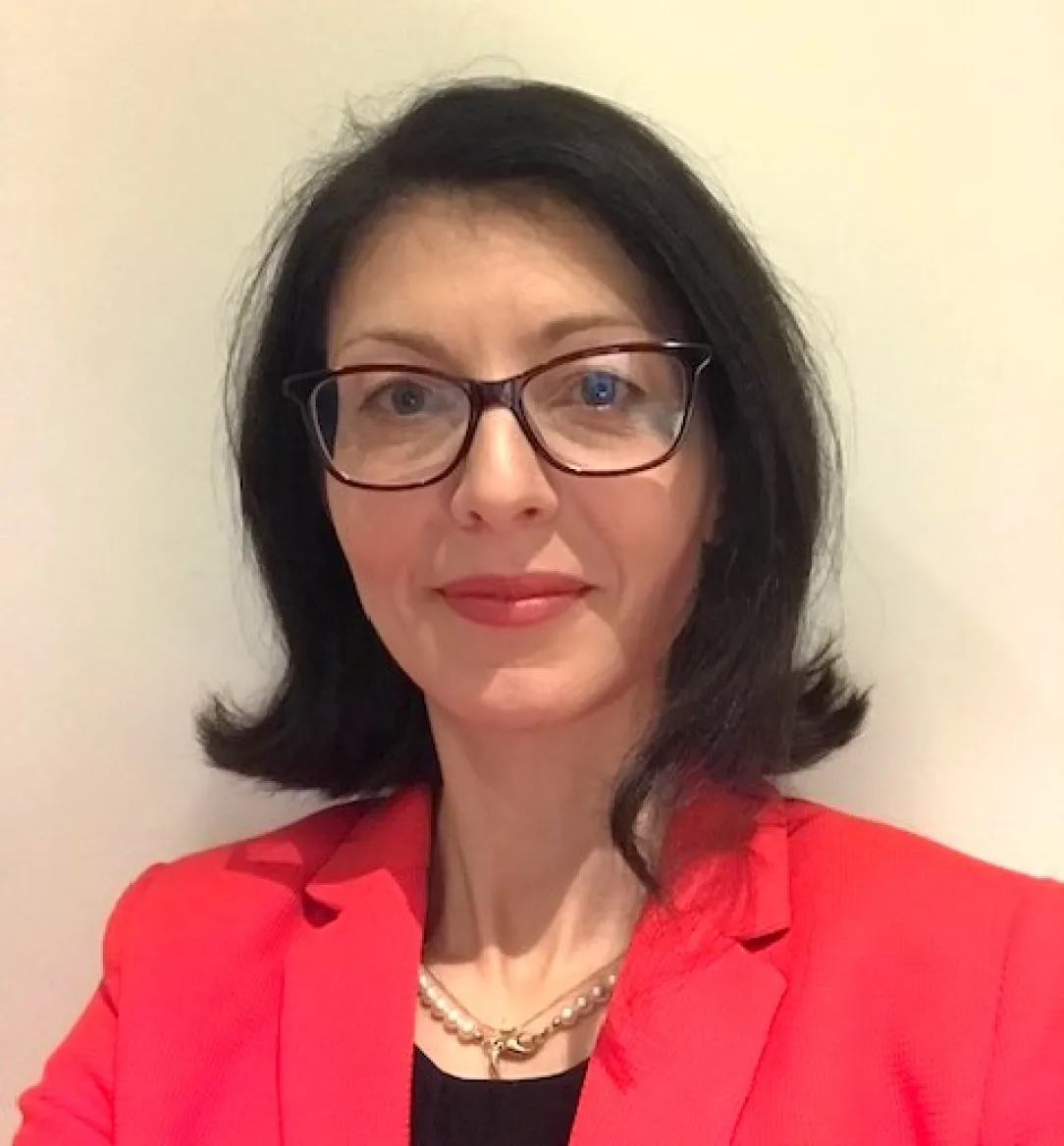When the corona virus pandemic hit in full force, stringent demands were placed on society's adaptability. Through circular procurement and reuse, Region Skåne was able to quickly set up field hospitals and vaccination centres, avoiding enormous additional costs.
Daniel Borg will soon have to break off the conversation. He’s the property coordinator at Skåne Hospital Northwest, and the day we meet, new restrictions have come into force. With fluidity of the pandemic situation, many of us have lost track of what exactly we’re supposed to be doing now, but for Daniel it means that the pavement signs are going out, the premises are being prepared for reconfiguration and staff is being informed about how they are to conduct themselves. As with all other regions and municipalities, the pandemic is constantly putting Region Skåne to new tests, which require both ingenuity and collaborative skills.
“A clear challenge was when all the new vaccination centres were to be set up,” says Daniel. “But it’s also a good example of how our new ways of working with reuse and circular procurement can work. At the same time as I had the job of setting up the vaccination clinic in Helsingborg, I was at times the sole employee at our large project office. So, I just borrowed some furniture from there, and we were able to completely furnish the clinic without buying any new furniture.”
New old focus on recycling
Helén Andersson, a contract manager and interior designer at Region Skåne, shares a similar experience. She furnished a vaccination centre with chairs from the large empty staff restaurant.
“In the past, when we had our own upholstery workshops, about 80 percent of the furniture for new or moved businesses was reused, and 20 percent were newly purchased,” says Helén. “When the workshops were shut down, things changed, and the usual was to buy new furniture. But I have always tried to work more with reuse, because I see the benefits in it, both for the environment and financially. “When rehab moved to new premises, for example, we started by taking stock of the existing furniture and found that we already had eighty percent of what we needed, and more than half of the remaining furniture could be obtained by purchasing second-hand. We had an equipment budget of over three million, but we only needed to use one.”
There are major benefits with this approach, but making the change is not easy
Furniture available for the whole region
The first major change for Region Skåne was to make available all furniture that was in storage or in use at other locations. Previously, the region had two furniture warehouses, but if you wanted to pick something up from the warehouse, you needed to go there. In later years you had to look at a slideshow to see what was available, and then send in an order. There are now seven furniture warehouses with the stock digitised. You can view furniture photos and measurements in a database, and if you find something that meets your needs, you just order digitally and pay the transport cost.
“We set up a quick and direct procurement process for the purchase of used furniture as a test,” says Christel Fransson, who headed the interior design department before becoming the project manager for the circular furniture function.
“We’ve now created a standard procurement process and it can steer our operations in different ways. Firstly, we take stock and see what we have in our own organisation or in our furniture warehouse; secondly, we buy used furniture from five companies that refurbish used furniture and then only buy new as a last resort. “In our procurement of new furniture, we have placed strict demands for the furniture being easy to reupholster and recondition. When we have to discard something, we can now either sell or donate what we no longer have any use for.”
Daniel Borg says this feels especially good.
“Previously, we had to pay to transport fully functional furniture to waste disposal sites. Now we can sell the furniture for reuse”.
“An important part of the solution has been that we keep statistics,” Christel Fransson adds.
“We can monitor how much is being reused. There was resistance to this at first, but now everyone fills in the forms and reports how much is reused. This encourages us to see how much we can save compared to buying new.” The financial arguments are important to politicians. Environmental arguments alone are not enough; figures and economics speak for themselves.”
“There are major benefits with this approach, but making the change is not easy,” says Helén Andersson. “Reuse in a project takes twice as long as buying new. Existing furniture must be inventoried, placed in the drawings where it fits best and adapted with regard to colours and new environments. You save money in the end, but not at all levels. This is why resources are needed for this.”
Support from RISE
Both she and Christel Fransson say that they have had tremendous support through Skåne Region's collaboration with RISE. Emma Rex, researcher and project manager at RISE, has collaborated with the region through a Vinnova project for challenge-driven innovation.
“We’ve gathered both producers and customers, so they know what they can ask of one another,” says Emma Rex. “The companies have understood recycled goods are in demand by their customers, and the customers have seen what they can demand and how they can make procurements. In the process, with our experience from collaboration, we’ve been able to give them the coaching they need.”
“Collaboration with RISE has given weight to the initiative. Everyone understands that this important, both environmentally as well as financially. I also feel that we’ve been able to provide support to each other in the project, which has given weight to our efforts upwards in our organisation so that we can make the changes,” says Christel Fransson in conclusion.


